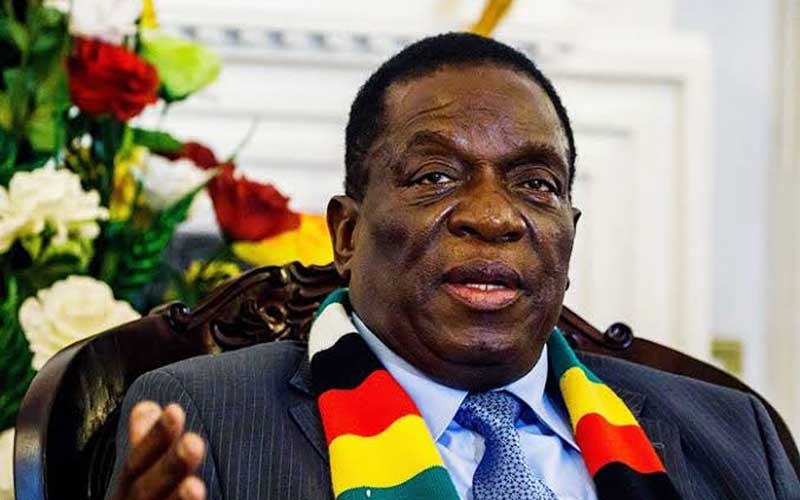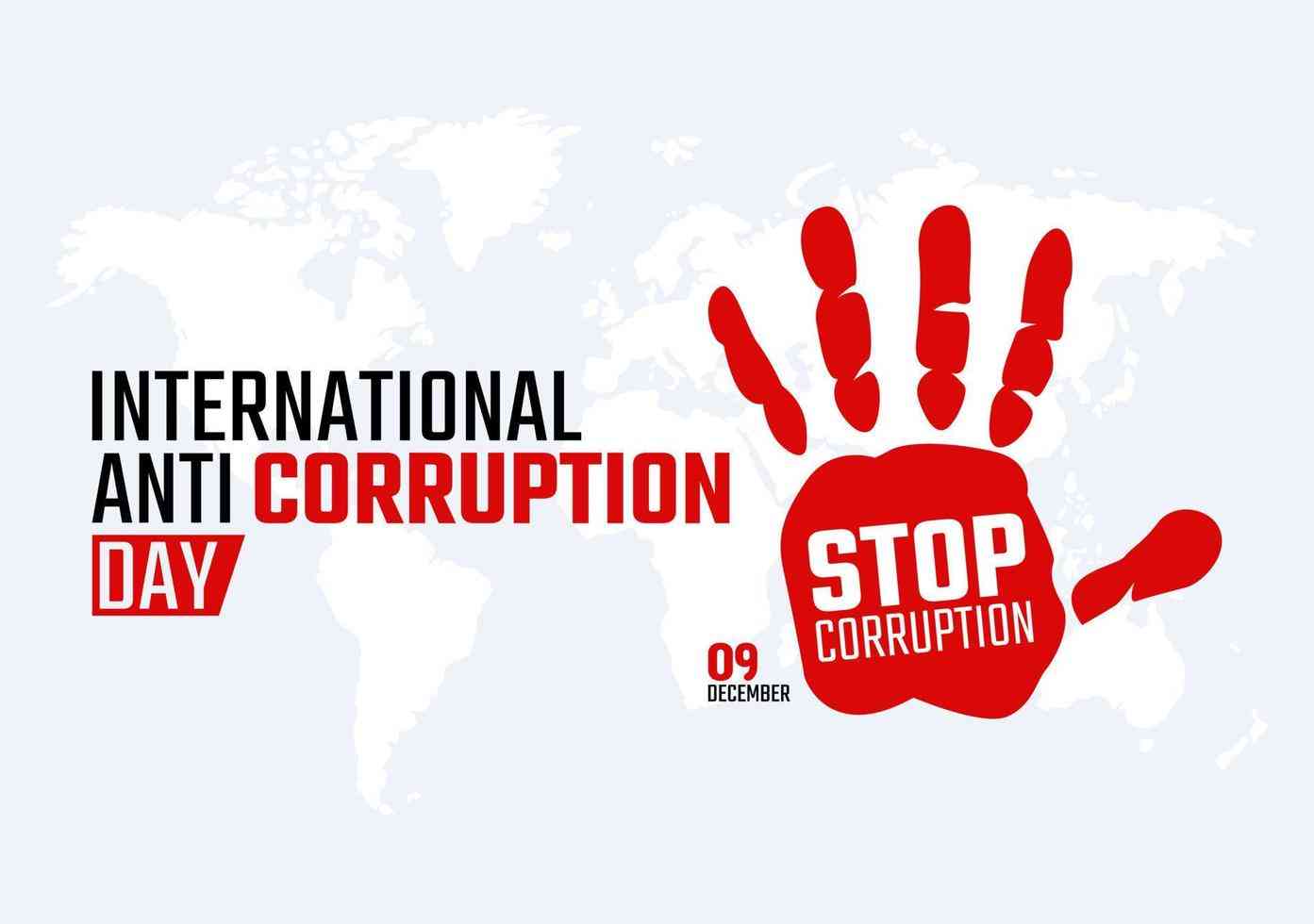
THE year 2023 begins with a full in-tray for President Emmerson Mnangagwa’s administration when it comes to improving the country’s turbulent economy as well as its investment prospects.
Although there was relative economic stability towards the end of the year, there are a number of challenges that remain major impediments to economic growth that were not addressed last year. The decision by the government to hike interest rates to 200% definitely needs to be revised given the adverse impact it has had on the financial sector.
Although the decision was taken to curb speculative borrowing that led to the weakening of the local currency and galloping inflation, it has led to limited lending, which is the lifeblood of the financial sector. It has also led to the threat of the resurgence of non-performing loans as borrowers fail to repay loans at such rates.
In battling currency volatility and inflation through interest rate hikes, it has brought about even more challenges that threaten the well-being of the financial sector. This is a typical case of cutting off your nose to spite your face. The Zimbabwe Stock Exchange remains in turmoil as a result of the government's decision to impose a 40% capital tax on those who trade their shares before a period of 180 days. Instead of the intended purpose of stabilising the economy, this has contributed to the local bourse being one of the worst performers in the region. This hardly resonates with the government’s mantra that it is open for business. That there is still no resolution on the suspended Old Mutual and PPC shares on the ZSE since 2020 is a damning indictment of the government and will do little to inspire confidence in the country’s operating environment. The ZSE chief executive officer Justin Bgoni has rightly described this state of affairs as embarrassing. There is a need for the government to bring this issue to finality and do more than just making careless remarks that damage market and investor confidence, such as those uttered by Finance and Economic Development minister Mthuli Ncube, who said the affected shareholders of the counters should treat the delay like a long holiday.
In 2023, it is our hope that there will be less ill-thought-out policies which irreparably harm the market such as last year’s ridiculous decision to suspend bank lending. The catastrophic results of that decision were keenly felt with agri-processing companies immediately cutting off funding to farmers to grow their crops.
Shareholders of milk processor Dairibord Zimbabwe felt the impact as the company suspended a planned dividend payout to protect the business following the government's controversial lending directive.
We hope that this year the government will consult broadly before making disastrous decisions of such ilk.
The government’s to-do list must be the making of concrete efforts to increase foreign direct investment, which has plummeted from more than US$700 million in 2018 to less than US$200 million currently. Even with the mitigating circumstances of Covid-19, the paltry figures speak more to a serious lack of confidence in the country’s operating environment.
- Drama around Ndebele king making a mockery of the throne
- Umkhathi Theatre Works on King Lobengula’s play
- Street mural exposes Zim’s divided society
- Minister tips ICTs to drive economic recovery
Keep Reading
Even Ncube admitted that the government needs to do more to lure investment when he presented the 2023 National Budget on November 24 last year. However, as the saying goes, talk is cheap and there is a need for action to back such words. Nothing reflects the need for confidence inducing action by the government than the revelations of the Zimbabwe National Chamber of Commerce Survey taken last year. It revealed that about 74% of the business community in Zimbabwe believes that the ease of doing environment in the country deteriorated in 2022.
They listed a number of challenges that have sapped confidence in the country’s operating environment, which include high levels of corruption, a complex taxation system, poor utility delivery (e.g. electricity, water, and sewage) and policy inconsistency.
They also pointed to the promulgation of a plethora of statutory instruments (SIs), which have had unintended destabilising effects on the economy, which are “introduced with neither consultation with the business community nor impact analysis”.
It is one thing for foreign investors not to have confidence in the country. However, it is quite another when the country’s local business sector also expresses major misgivings. Given such a catalogue of issues to address, it is our fervent hope that this year the government knuckles down to address the plethora of challenges that are a major obstacle not only to market and investor confidence but also to economic growth.
The ball is in its court.










